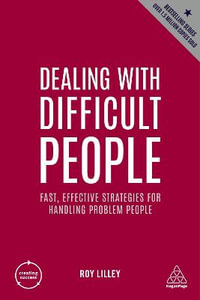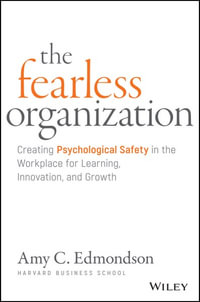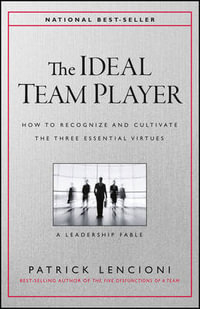Significantly revised and updated, the second edition of
Smart Talent Management presents a fresh perspective on two important areas of emphasis for current research and practice: talent management (TM) and knowledge management (KM). It identifies, defines, and explores the implementation of talent management strategies aimed at facilitating effective knowledge management in an organization.
A valuable hybrid, this book integrates the field of knowledge management with talent management areas of specialization focusing in particular on staffing, training, professional development, and organizational learning and change. This book identifies obstacles to talent management's success, providing new perspectives associated with the ongoing debate on 'inclusive' versus 'exclusive' models of talent management.
Taking a fresh new look at an organization's human talent as a repository of knowledge - both tacit and explicit - the second edition of Smart Talent Management will appeal to advanced undergraduate and graduate students, scholars, practicing managers and consultants in the field of human resources.
Industry Reviews
'This book will give leaders, scholars and policymakers unique and practical insights to integrate knowledge and talent management. Knowledge is a vital pillar in the future of work and organizations. Vlad Vaiman, Charles M. Vance, and Ling Ju have compiled many important global perspectives here.' -- John Boudreau, University of Southern California, Marshall School of Business, US
'A deep understanding of talent and knowledge management is critically important in a post-pandemic world characterized by flexible, hybrid, and remote working arrangements. This volume thoroughly explores highly relevant issues for research and practice in both areas.' -- Wayne F. Cascio, University of Colorado, Denver, US
'Smart Talent Management, a term coined by the editors (Vaiman and Vance) in the previous edition of this highly informative and instructive book, is "simply the combination of talent management and knowledge management." In this second edition, the editors advance our understanding of smart talent management rather substantially. One of the many ways is by incorporating a more macro, global perspective. They do this through guidance they have provided to and shared with their excellent cadre of chapter contributors. Indeed, this second edition could as well define smart talent management as "simply the combination of global talent management, talent management and knowledge management." Another significant way is by incorporating a great deal of the relatively recent phenomena of the increasing importance in organizations of diversity, inclusion, flexibility, resilience, adaptability, and a new emphasis on workplace and non-workplace work venues. It is to their credit that the authors have embraced these new phenomena into their own work and this second edition. In doing so, they have provided a broader path forward for future researchers in the areas of talent management and knowledge management.' -- Randall S. Schuler, Rutgers University, US and University of Lucerne, Switzerland
























